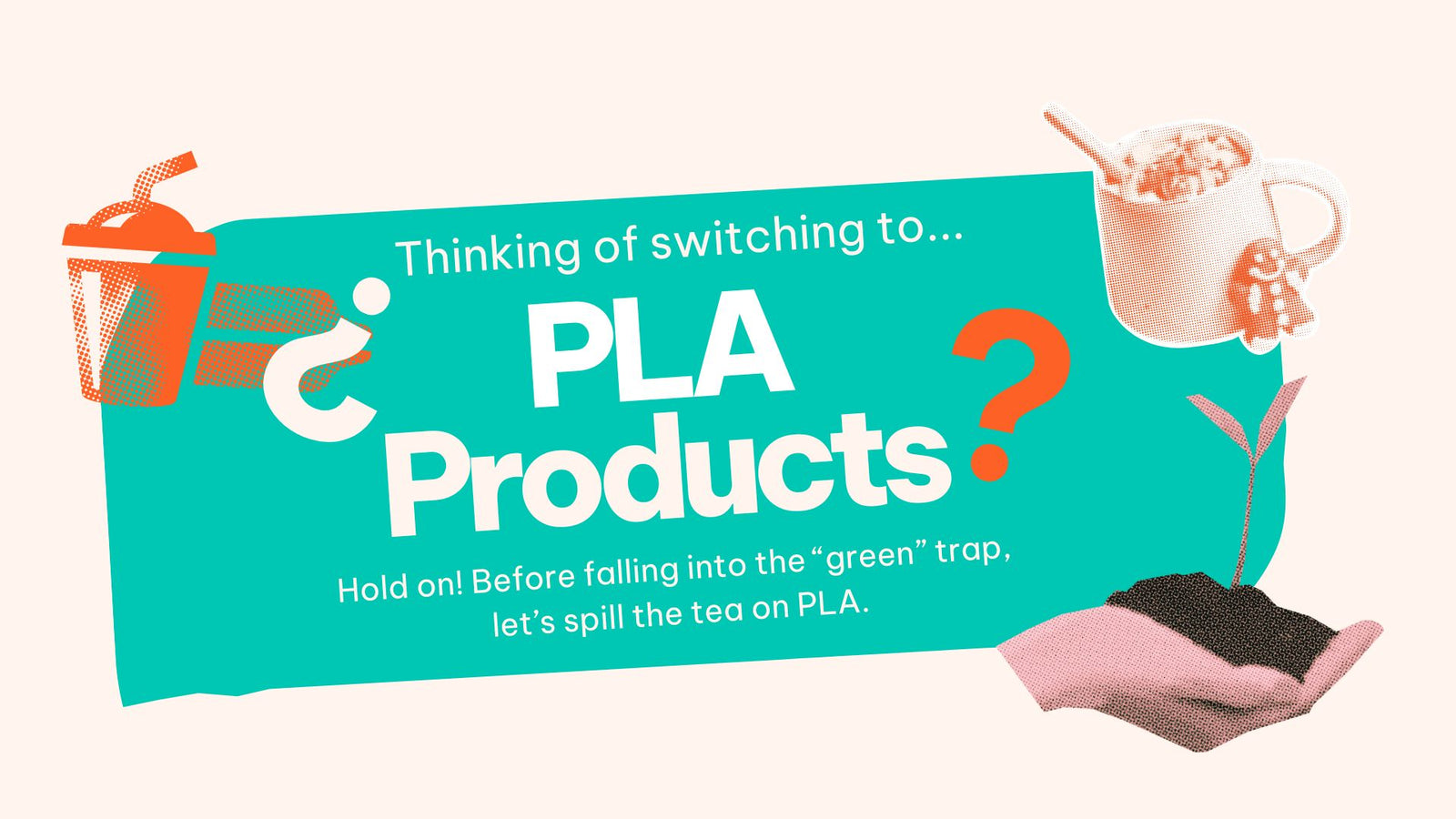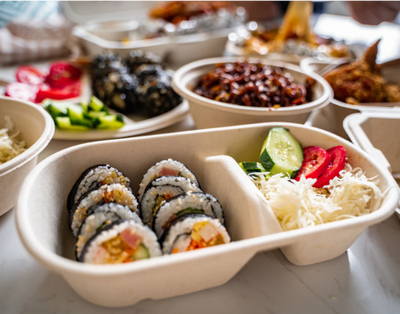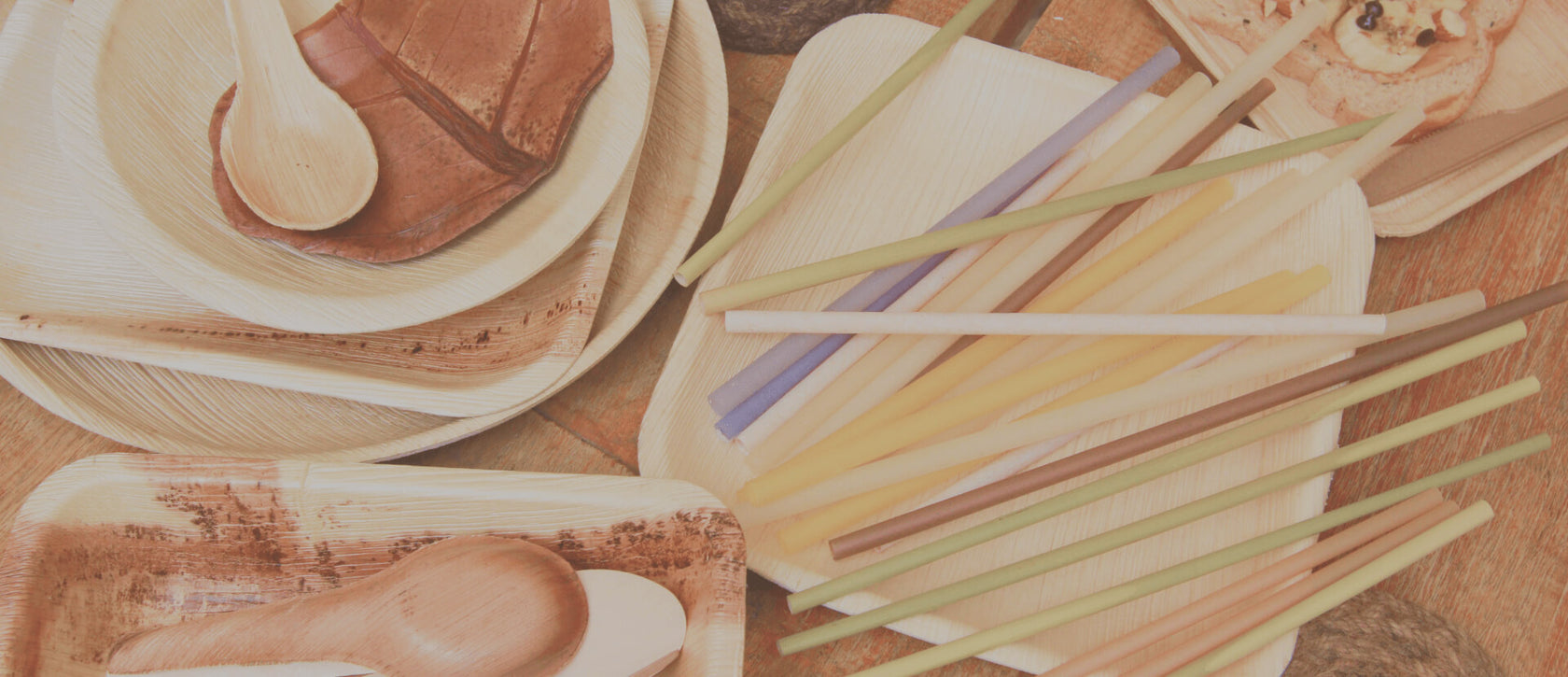As awareness of environmental issues grows, so does the demand for sustainable alternatives to single-use plastics. PLA (polylactic acid) straws have emerged as a popular option, marketed as biodegradable and compostable. However, a closer examination reveals that PLA straws may not be as eco-friendly as they appear. This article explores the reality of PLA straws, compares them to the paper straw trend, and introduces alternative options for those seeking truly sustainable solutions.
Understanding PLA Straws: The Basics
PLA straws are made from polylactic acid, a bioplastic derived from renewable resources such as corn starch or sugarcane. These straws are often labeled as "compostable" and "biodegradable," which appeals to environmentally conscious consumers. However, the specific conditions required for PLA to break down fully are not widely available.

The Limitations of PLA Straws: Industrial Composting Required
While PLA straws are compostable in theory, they require industrial composting facilities to do so. These facilities provide the high temperatures, controlled humidity, and specific microbial conditions necessary for PLA to decompose. Unfortunately, such facilities are limited globally, meaning that PLA straws often end up in regular landfills where they do not break down as intended. This limitation undermines the environmental benefits that PLA straws are supposed to offer.
The Microplastic Concern: Bioplastics Are Still Plastics
Another critical point to consider is that PLA, despite being a bioplastic, shares similarities with traditional plastics. The material composition of PLA straws includes bioplastic and other additives, which can fragment into microplastics as they break down. Microplastics pose significant environmental challenges, contributing to pollution and potentially entering the food chain, with unknown long-term effects on human health.

PLA Straws and Paper Straws: A Market Déjà Vu
The rise of PLA straws mirrors the earlier trend with paper straws, which surged in popularity as a supposed eco-friendly alternative. However, paper straws often failed to live up to expectations due to their poor durability and limited recyclability. Similarly, PLA straws are now flooding the market, appealing to businesses with their lower cost and "compostable" label, despite their significant limitations. This pattern of adopting "half" eco-friendly solutions often overshadows genuinely sustainable options.
Market Impact of PLA Straws vs. Compostable Alternatives
The affordability and "compostable" label of PLA straws have led to their widespread adoption by businesses looking to reduce costs while appearing eco-friendly. However, this has overshadowed alternatives that offer true compostability. For example, straws made from plant-based materials such as grass, coconut water, rice, coffee grounds, and sugarcane fibers decompose naturally in the environment within a year, leaving no harmful residues behind.
EQUO Straws: A Truly Sustainable Alternative
One such alternative is EQUO’s range of plant-based straws, designed to break down naturally without the need for industrial composting. Made from renewable resources like sugarcane fibers, coffee grounds and coconut water, these straws decompose fully within a year, contributing to a more sustainable future.
By choosing straws that are genuinely compostable, businesses can align with their sustainability goals and offer products that reflect a deeper commitment to environmental responsibility.

Making an Informed Choice
While PLA straws offer a step in the right direction, it’s essential to understand their limitations and consider alternatives that provide a more comprehensive solution. EQUO’s plant-based straws present a viable option for those seeking products that are not only compostable but also aligned with broader environmental goals. As consumers and businesses, the choices we make can drive the market towards truly sustainable practices.


